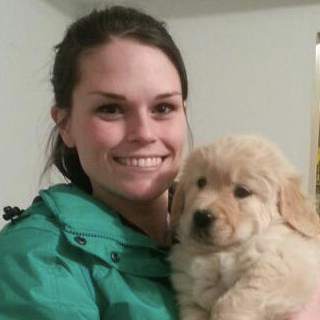Degree
MA (Master of Arts), Tourism Policy and Planning
Thesis title
'This Sacred Land is Our Home: Respectful Visitors Welcome': An Indigenized code of conduct for visitors to the traditional lands of the Lutsel K'e Dene First Nation
Year of defence
2015
Abstract
The purpose of this narrative study was to explore stories told by Lutsel K’e Denesoline that convey their experiences of, and expectations for, respectful visitor behaviour in their vast ancestral territory. Following a participatory inquiry paradigm and principles of community-based participatory and Indigenous research, this study aimed to achieve three primary objectives: (1) to document the range of negative and positive experiences that the participants (i.e. youth, adults, elders in Lutsel K’e; land users, land managers) have had with visitors to their traditional lands; (2) to explore how Lutsel K’e Denesoline expect visitors to behave on their land, and why those expectations exist; and (3) to develop a tangible document in the form of a code of conduct for visitors to the area, which can function as a mechanism to support Denesoline land governance and management. Interview participants in Lutsel K’e (n=12) shared stories about visitation on Denesoline territory, which were synthesized with additional narratives and community analysis shared during the Wildlife, Lands, and Environment Committee workshop (n=5). This created a community narrative that tells a story about respect for Denesoline peoples and territory, as well as the complex dynamic between visitors, respect, safety, and development. From this narrative, a teleological, interpretation-based code of conduct for visitors that outlines Denesoline expectations for respect was formed. The code of conduct demonstrates that, ultimately, visitors are welcome to Denesoline lands as long as they are informed and respectful. The processes and outcomes of this thesis makes three major social and scholarly contributions: (1) methodological, through an Indigenous-driven approach that seeks to decolonize research and Indigenous tourism; (2) practical, in the form of a community-developed code of conduct that communicates Denesoline presence and self-determination in land management; and (3) theoretical, addressing visitor behaviour by looking at the moral question of how visitors should behave on vast, Indigenous traditional territory.
Biography
